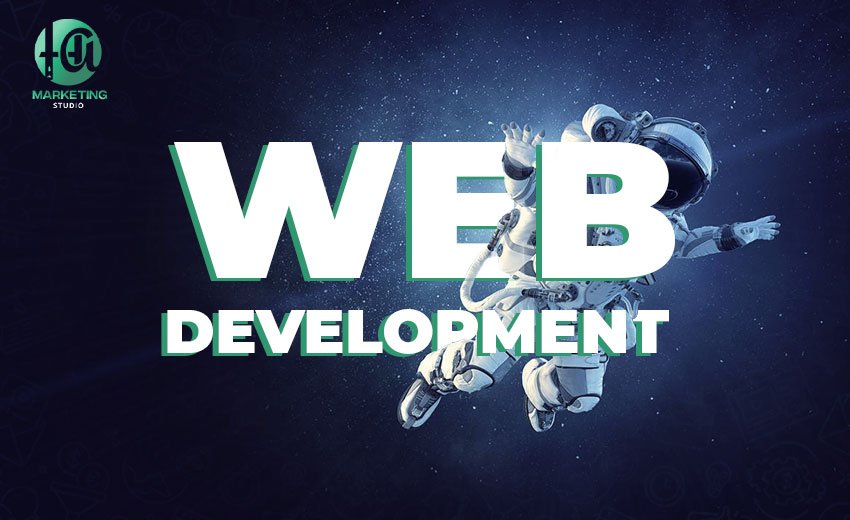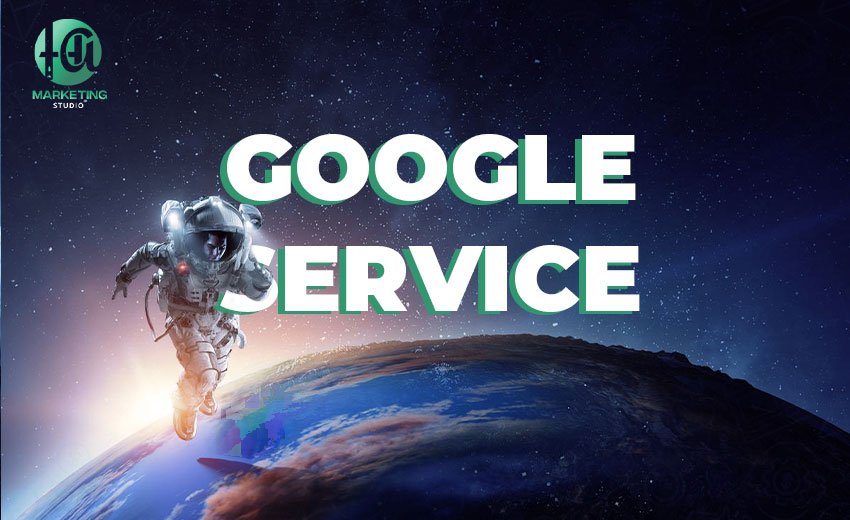SEM, or Search Engine Marketing, is a type of digital marketing that uses paid ads to appear in search engine results such as Google.
-It has a number of advantages and disadvantages:
-Advantages:
-Precise targeting:
It allows advertisers to directly target the target audience using specific keywords, increasing the chances of reaching the ideal audience.
-Measurability of performance:
SEM enables advanced benchmarking capability, where clicks and conversions can be accurately tracked and ROI measured.
-Fast results:
Good SEM campaigns can get ads to appear in search results quickly enabling quick results.
-Flexibility in control:
Advertisers can quickly modify campaigns, such as changing keywords or ad budget, allowing for continuous improvement of performance.
-Defects:
-High costs:
Good SEM campaigns can be expensive, especially if competition is high for your target keywords.
-Intense competitiveness:
In some industries, competition for advertising can be intense, driving up cost per clicks.
-Dependence on budget:
If your ad campaign stops because you run out of budget, your ads will stop appearing and your audience reach could decrease.
-Content and format restrictions:
Advertising in SEM needs to comply with engine laws and requirements, which may impose some restrictions on the quality of advertising.
Relying on SEM requires good strategy and planning to take full advantage of its benefits and overcome potential drawbacks .
here some articles that might interest you :
how to create a complete seo report ?
What is the difference between SEO and SEM?














